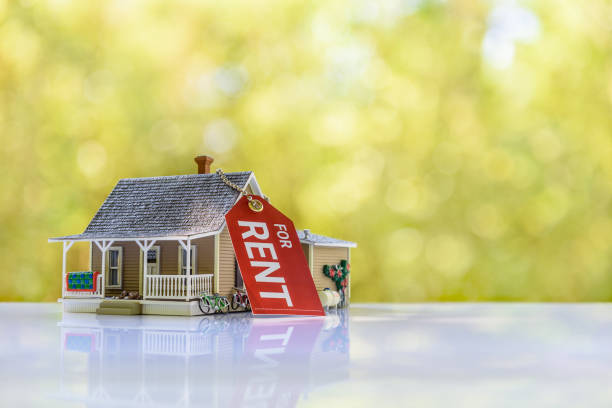Posts by Jaxon Texas
How to Handle Endless Requests for Negotiations When Tenant Flexibility Challenges Lease Stability
Property management focuses on flexibility and tenant satisfaction, which are essential for good landlord-tenant relations. However, it’s crucial to balance accommodating tenant needs without allowing constant renegotiations, as tenants may demand modifications that threaten lease agreements’ stability. Overextending flexibility can confuse workplaces and lead to legal vulnerabilities, especially in contracts with multiple tenants. It’s essential…
Read MorePreventing Damage to Rental Properties: Techniques to Reduce Cleaning Expenses Caused by Tenants
Renting out property in good condition is integral to long-term profitability, yet damage caused by tenants can pose significant obstacles. Costly repairs due to negligence or disinterestedness from renters must be avoided at all costs through proactive strategies such as thorough screening processes, clearly defined lease terms, and regular property inspections along with swift enforcement…
Read MoreDiscovering Long-Term Ownership Expenses: How to Protect the Financial Future of Your Investment Property
Long-term property ownership is often seen as a wealth-building strategy, but it often overlooks hidden financial traps like deferred maintenance, rising taxes, tenant turnover costs, and outdated insurance policies. A proactive property management approach should focus on long-term planning and cost control to achieve optimal success, rather than just rental income or acquisition. Owners often…
Read MoreSelecting Local or National Property Managers: Aligning Strategy with Rental Demands
Property owners in complex markets must decide between local managers or national firms as the managers for their investments, which will affect operational efficiency, tenant satisfaction and compliance as well as profit potential. Both options offer distinct strengths: to find out which model best meets a landlord’s needs it’s important to comprehend all its capabilities…
Read MoreSelecting the Best Option for Modern Property Management: Custom Leases vs. Standard Agreements
Landlords and property managers face an unenviable decision in today’s highly competitive rental market when creating lease agreements: whether to use standard templates or design tailored lease agreements specifically tailored for each property and tenant. Both approaches have advantages and drawbacks; ultimately the right option depends on factors like property type, tenant demographics, and management…
Read MoreRecognizing HOA Architectural Guidelines: Upholding Community Expectations
Homeowners’ Associations (HOAs) are crucial for maintaining the character, cohesion, and property value of residential communities. They use architectural guidelines to dictate changes to homes, maintain or upgrade them, and ensure consistent aesthetics and structural integrity. Understanding HOAs’ purpose, scope, and enforcement is essential for property managers and homeowners. Architectural guidelines cover an expansive list…
Read MoreReducing Legal Risks in Property Management: Crucial Protection Techniques
Property managers must act professionally and responsibly to avoid legal liability, addressing tenant conflicts and maintenance needs. Recognizing legal risks and developing strategies to mitigate them are crucial for protecting investment and reputation in the demanding property management profession. Tenant relations pose a significant risk due to fair housing laws prohibiting discrimination based on race,…
Read MoreThe Right Time to Switch from Self-Management to Expert Property Management
Management of a rental property on your own can be both rewarding and time-consuming. Eventually, you may come up against a difficult choice between hiring an outside property management service provider versus continuing the responsibility themselves. Understanding signs that it might be time for transition can protect investments, increase tenant satisfaction, and bring balance back…
Read MoreBuilding Procedures: The Foundation of Ethical Property Management
Environmental responsibility is a crucial aspect of ethical property management practices and impacts the renovation, maintenance, and operation of buildings. Sustainability is now an indispensable necessity in the real estate landscape. Property managers who prioritize eco-responsible practices contribute to global conservation efforts and increase property value. Adopting green building practices during renovation and maintenance operations…
Read MoreUtilizing Data-driven Insights for Strategic Property Management Decisions
Data is a crucial asset in property management, enabling strategic decisions and providing insights into tenant preferences and operational performance metrics. It aids property owners and residents in improving day-to-day operations and long-term trend analysis, enabling personalized service and specialized support. Effective data utilization in property management requires understanding what data to track, how to…
Read More









